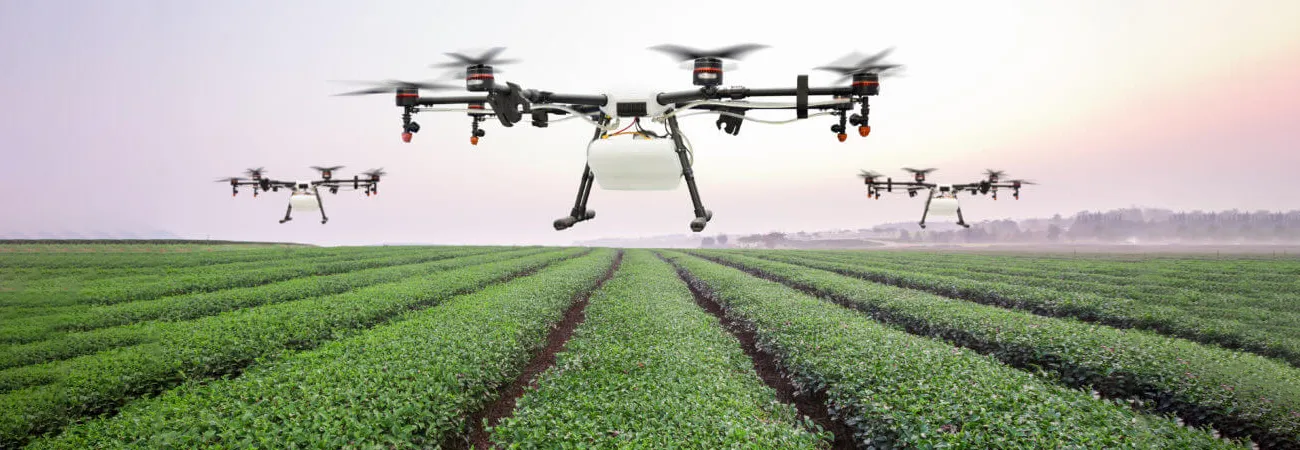i NEWS PAK-CHINA
Prof. Dr. Muhammad Azam Khan, Chairman, Department of Horticulture, PMAS-Arid Agriculture University Rawalpindi has called for more smart agriculture cooperation with China. In an interview with China Economic Net (CEN) he said China has already doing smart agriculture, providing input according to crops. We want to take help from China like soil fertility sensors and wheat harvesting technology.“The aim of smart agriculture is to provide input according to crops’ need and do precise application of fertilizers, crop seeds, insecticides, fungicides, etc. to increase production and profitability. We are doing various experiments including drip irrigation and drone technology application, and we are going to develop a model for soil fertilization after doing GPS-based soil zoning, Dr. Muhammad Azam Khan said.
As CPEC enters the second phase, more emphasis has been placed on improving local people’s livelihood, and a lot of agricultural cooperation is happening between China and Pakistan. Now also working as the Director of CPEC Agriculture Cooperation Center at PMAS-Arid Agriculture University Rawalpindi, Prof. Dr. Muhammad Azam Khan once was a Pakistani student who studied in China for years and benefitted from Sino-Pak cooperation. “I have lived in China for five years. I have taken degrees from two universities out there. They have done a lot of progress in agriculture, engineering and medicine. Their labs are highly advanced technology wise.
They have very friendly environment and they respect Pakistan a lot. Our students should learn from them in applied sciences and take benefit from their technology,” he said. Currently, PMAS-Arid Agriculture University Rawalpindi is doing two joint agricultural projects with China i.e. remote sensing for sprayer technology and advanced vegetable production technology. “We have established drone technology with them (China) for advanced sprayer technology. Now, we are providing training at our research farms to farmers and students about precise insecticide and pesticide application on agricultural crops by using drone.
In this way, our productivity will increase, and we will have environment friendly precise application to save our cost because less pesticide will be used in this method,” Prof. Dr. Muhammad Azam Khan told CEN. Besides agricultural technology exchange, enhancing mutual understanding between Chinese and Pakistani people especially youths is also critical. Earlier in July, the Understanding China Fellowship was launched at PMAS-Arid Agriculture University Rawalpindi to strengthen the cooperation and collaboration of China and Pakistan in the field of education and agriculture by involving both countries’ youth. “Basically, our purpose is to let our young generation be aware of how China developed in technology and also morally and socially.
Here, Chinese professors and senior Pakistani thinkers deliver lectures. We have selected 25 out of the 150 applications in Pakistan. It is a two-month fellowship. We want our young generation, especially graduate students, university students and social activists to learn that you can develop good relationships with any country only after understanding the nation and the progress of each other,” Prof. Dr. Muhammad Azam Khan added.
Credit:
Independent News Pakistan-INP
Independent News Pakistan-INP









